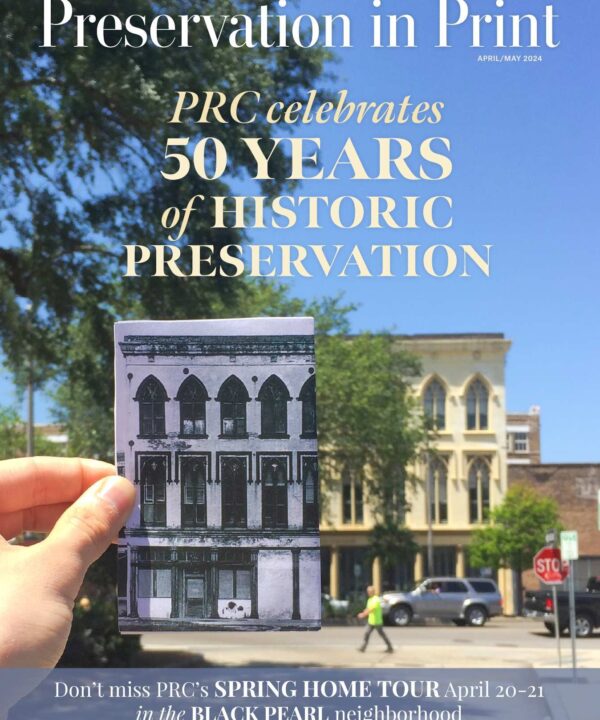As the City of New Orleans reviews the regulations of Short-Term Rentals, the Preservation Resource Center has updated its policy position on this ongoing issue. Since the current ordinance went into effect in April 2017, New Orleans neighborhoods continue to suffer from an oversaturation of Short-Term Rentals, creating concerns for housing availability, affordability and neighborhood quality of life. The PRC believes there is a better way to allow for responsible home-sharing that also will allow the city and its residents to realize the benefits of this growing industry without sacrificing livability.
In an effort to protect the historic architecture of this city and to promote the livability and cultural integrity of all New Orleans neighborhoods, the Preservation Resource Center (PRC) offers the following policy recommendations on regulating Short-Term Rentals.
The PRC opposes non-owner occupied, whole-home rentals in residential areas, and we believe all other forms of Short-Term Rentals are a commercial use and must be regulated as such.
To ensure effective regulation and enforcement, all platforms allowing hosts to rent their properties on a short-term basis must obtain business licenses for that privilege. Furthermore, the requirements for obtaining and maintaining these licenses should include full agreements for timely and specific data sharing with the city, remittance of approved taxes and fines and/or other punitive measures for non-compliance.
To curtail the trend of oversaturation leading to deleterious effects on housing supply, affordability and quality of life, a Homestead Exemption requirement for the Temporary and Accessory permits will still allow property owners to realize the financial benefits of sharing their homes. An increase in fees will provide a more meaningful contribution to the direct development of affordable housing, which we believe is integral to maintaining the livability and authenticity of historic neighborhoods.
Regarding commercial permits, spacing and density requirements can be imposed to mitigate the full conversion of multi-unit buildings, thus preserving the intent to provide additional dwelling units to the city’s long-term housing market. Spot-zoning requests that serve to reduce housing availability through commercial conversion should be prohibited through the City Planning Commission process. The complicated issues of unfettered commercial permits can be mitigated through a creative mixture of zoning measures that recognizes the defining residential characteristics of the variety of commercial and mixed use zoning designations.



